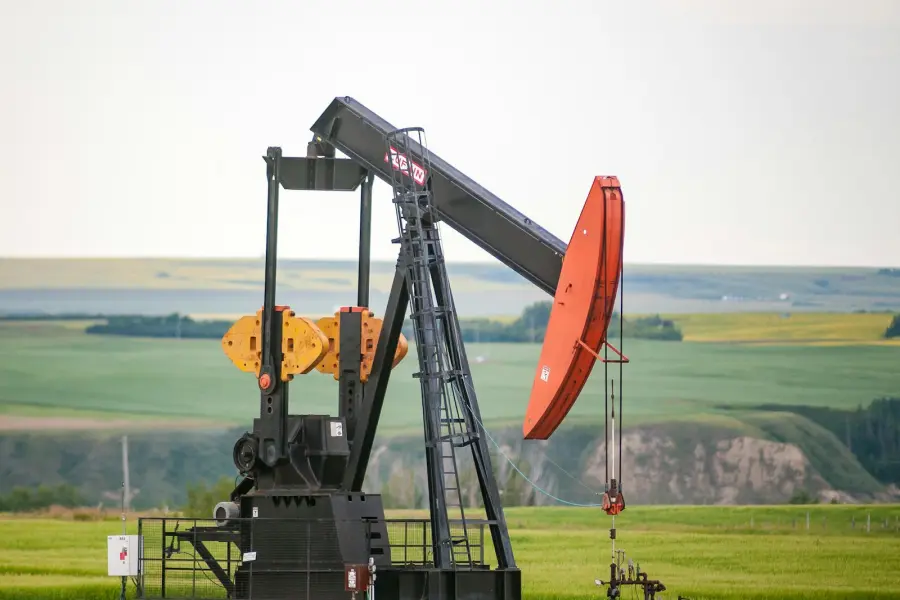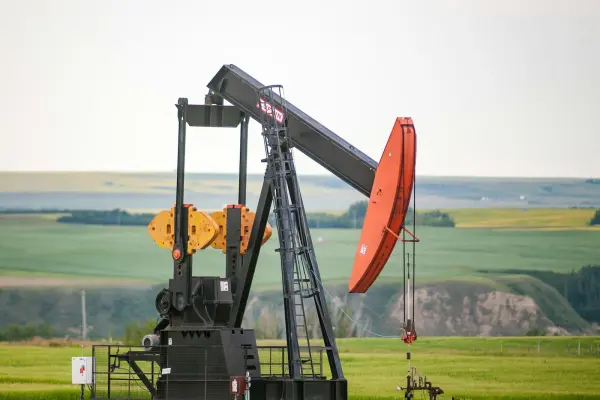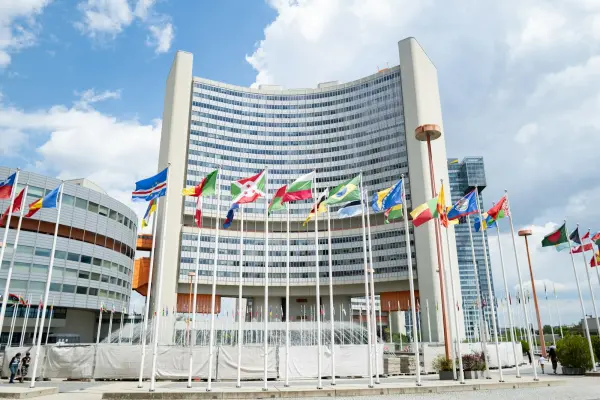On June 1, 2025, the Ukrainian military executed multiple drone strikes aimed at several Russian military airbases, including major facilities in Saratov Oblast and surrounding areas. The explosions were heard hundreds of kilometers away, marking a serious escalation in the ongoing armed conflict between the two nations.
The immediate aftermath of these attacks was strongly felt in global energy markets. At the opening bell on June 2, 2025, Brent crude oil prices surged nearly 3%, approaching $65 per barrel on the London and New York exchanges. This sharp increase was driven by fears over disruptions to the global oil supply due to damage inflicted on Russia’s logistical and energy distribution infrastructure.
Several of the targeted airbases serve as critical hubs along the transit routes for crude oil moving from western Kazakhstan to Black Sea ports. Disruptions along this corridor could result in a short-term decline of up to 1% in global oil supply. Analysts warn that such uncertainty could intensify price pressures and heighten anxiety among market participants and global consumers.
The geopolitical landscape further complicates matters, especially with mounting political pressure from the United States. Senator Lindsey Graham and Senator Richard Blumenthal, among others, have called for additional tariffs on Russian oil imports to be discussed at the upcoming Group of Seven (G7) meeting. This move aims to curtail revenues in Russia's energy sector, thereby undermining Moscow’s logistical support capabilities in the Ukraine conflict. These statements have fueled market expectations of new sanctions, contributing to rising oil prices.
On the supply side, the Organization of the Petroleum Exporting Countries and its allies (OPEC+) decided in late May 2025 to increase oil production by 411,000 barrels per day starting in July. However, this increment fell short of market expectations and is considered insufficient to offset potential supply disruptions from Russia and Kazakhstan.
Throughout 2025, Brent prices had declined approximately 13% due to concerns over slowed global demand amid trade tensions. Nevertheless, the recent military escalations and geopolitical uncertainties have prompted sharp short-term price volatility.
This week’s oil price swings underscore just how sensitive energy markets remain to international political and security developments. Price stabilization prospects remain elusive as the conflict persists, and uncertainty looms over the peace negotiations scheduled to take place in Istanbul mid-June 2025, which are currently overshadowed by potential retaliatory actions or further military operations.
This situation highlights the critical interconnectedness of regional security, energy policies, and geopolitical pressures in shaping global energy market dynamics. All stakeholders are expected to closely monitor responses from the United States, G7 nations, and OPEC+ policies in the coming period.
Sources
- https://www.wsj.com/livecoverage/stock-market-today-trump-tariffs-trade-war-06-02-2025/card/oil-prices-rise-after-ukrainian-strikes-on-russia-xEUqtohf9Vne1qPC6MDd
- https://www.barrons.com/articles/oil-prices-opec-russia-ukraine-exxon-chevron-89a26411
- https://internasional.kontan.co.id/news/volume-pengiriman-minyak-rusia-turun-imbas-serangan-drone-ukraina







